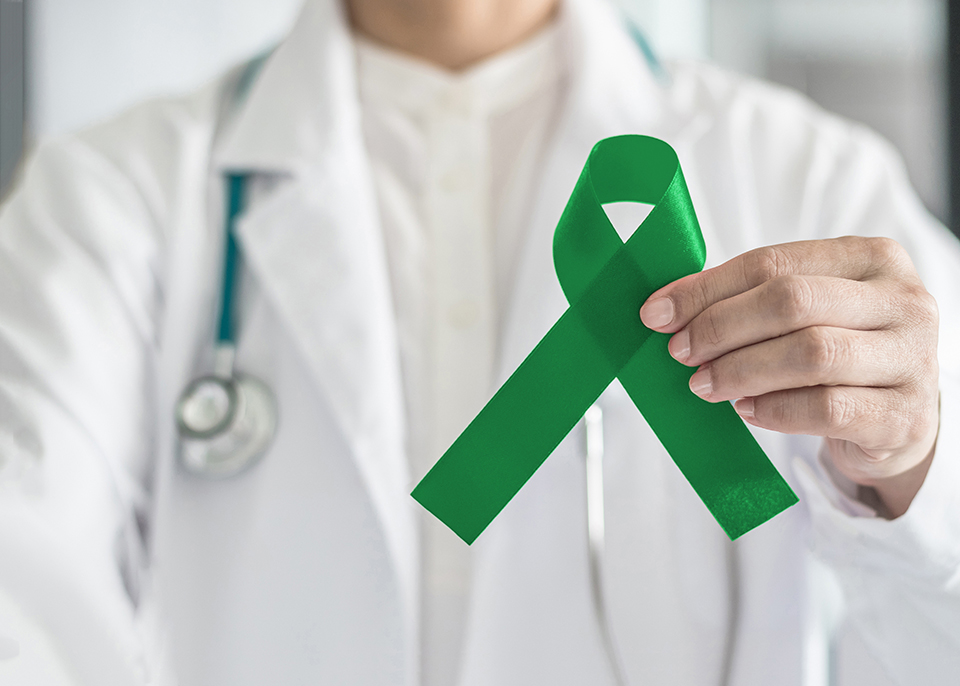
19 Jan GALLBLADDER CANCER
Gallbladder cancer is rare and hard to diagnose. Due to the location of the gallbladder deep in the body, tumors are not able to be seen or felt during routine exams. Currently, there are no blood tests or other tests that can detect gallbladder cancer early.
What does the gallbladder do?
The gallbladder stores and concentrates bile, which is a digestive enzyme made by the liver. It also functions to drain waste from the liver into a person’s small intestine. Gallbladders can be removed since the liver will send bile to the small intestine rather than first being stored and concentrated in the small intestine.
Who is at risk for gallbladder cancer?
Studies have found that risk factors to developing gallbladder cancer are many times related to chronic inflammation that caused swelling and irritation in the gallbladder. Below you will find a condensed list of risk factors for gallbladder cancer. A full list of gallbladder cancer risk factors can be viewed on the American Cancer Society website.
- Gallstones. While gallstones are very common and gallbladder cancer is quite rare, at least 3 out of 4 people with gallbladder cancer have gallstones when diagnosed.
- Gender. Women are diagnosed with gallbladder cancer twice as often as men.
- Age. The average age for a gallbladder cancer diagnosis is 72.
- Ethnicity. The risk of developing gallbladder cancer is highest among Native Americans and Mexican Americans. The risk is lowest among African Americans.
- Gallbladder polyps. Gallbladder polyps bulge from the surface of the inner gallbladder wall, formed by cholesterol deposits or small tumors. Polyps larger than 1 centimeter are more likely to be cancerous, and doctors recommend removing the gallbladder with these types of growths.
We here at Eastern Oregon Cancer Center at Pendleton are available to answer any questions you may have about gallbladder cancer diagnosis, symptoms, stages, and treatment options. Please contact us with any questions; a member of our team will be happy to assist you.

